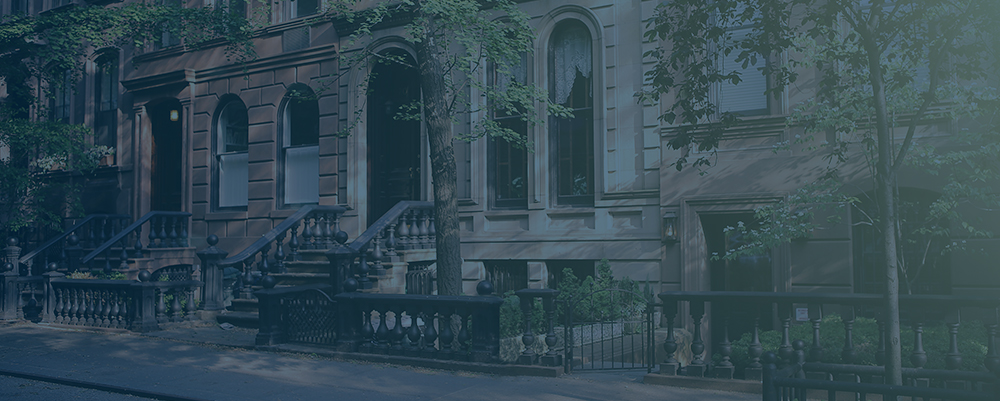Premises Liability
Premises liability claims involve injuries caused by a property owner’s alleged failure to maintain his property or to warn visitors of hazards. Common premises liability cases include slip/trip and fall cases, and accidents in public areas including restaurants, parking lots, stores, sidewalks, and playgrounds. MAAA initially evaluates the duty of a property owner based on their statutory or contractual duty to maintain the premises, as well as the relationship between the property owner and the injured person, whether an invitee (such as a patron, employee, tenant or contractor), a licensee (such as a house-guest), or a trespasser (one who enters the premises without the permission of the property owner).
MAAA then strategizes to employ the best available defenses, including a claimant’s assumption of the risk, contributory or comparative negligence, as well as an owner’s status as an out-of-possession landlord, lack of actual or constructive notice of a dangerous condition, or whether the alleged condition was open and obvious or trivial.
MAAA understands that an immediate response to a premises claim is necessary and endeavors to perform an in-person accident site inspection, along with with necessary experts, in order obtain witness information and statements, and to preserve evidentiary proof to avoid the possibility of future spoliation claims. MAAA ensures that accurate photographs and measurements are taken, and that a search is made for any available video surveillance that may exist of the actual accident. Thereafter, MAAA will obtain and review all available drawings, specifications, diagrams, inspection reports, maintenance, cleaning and repair records, and climatological reports, to assist in crafting the best possible defense.
Thereafter, MAAA will identify all available primary and excess insurance coverages relative to the loss and provide timely notice to all insurers and potential co-defendants (property managers, tenants, vendors, etc.)
MAAA attorneys are thoroughly familiar with applicable governing codes and statutes including the New York City Building Code, the Multiple Dwelling Law and Housing Maintenance Law of the City of New York, the NY State Building Code, and the NYC Department of Highways and Department of Transportation rules and regulations.

